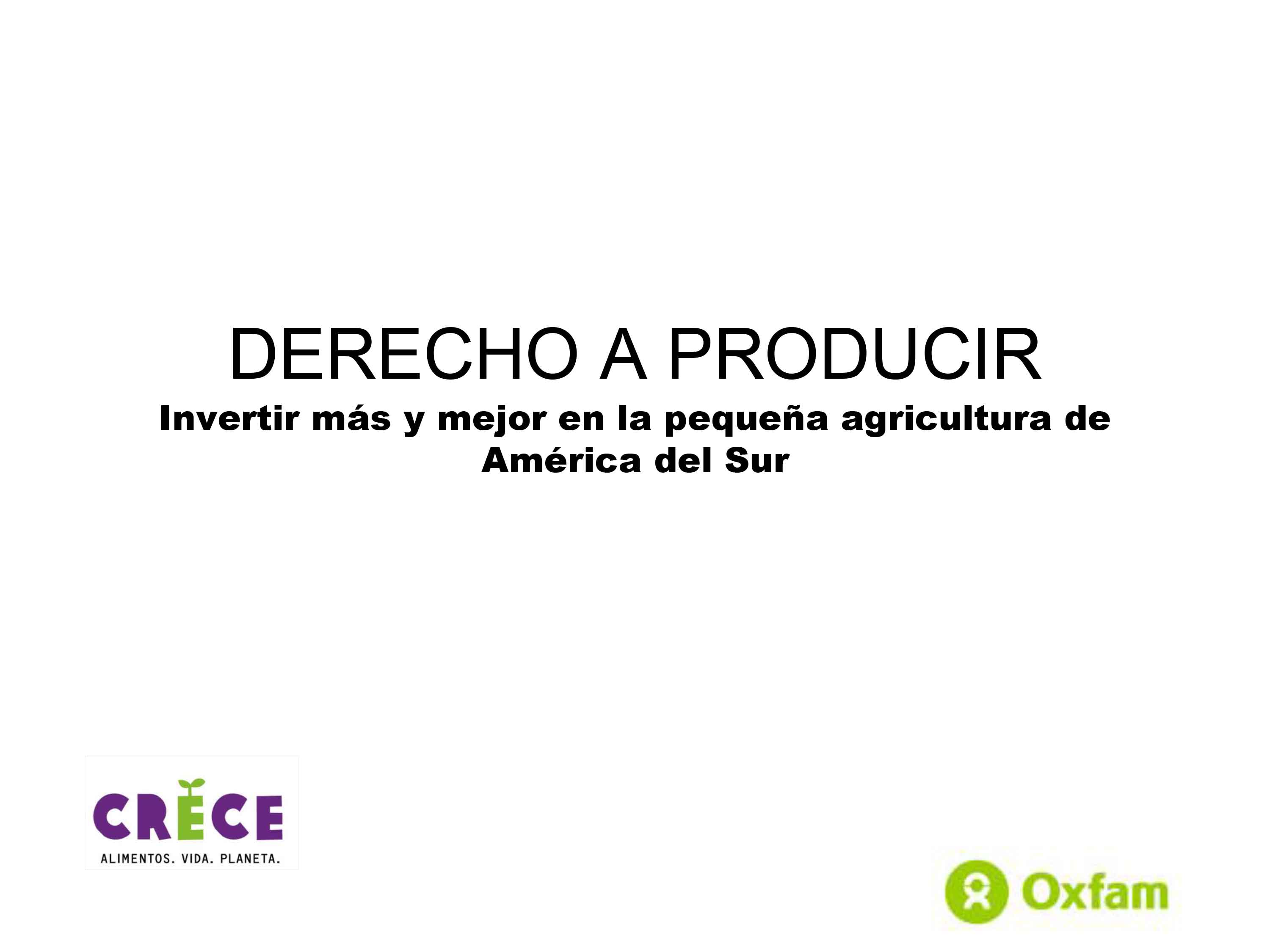The Contribution of African Women to
Economic Growth and Development : Historical Perspectives
and Policy Implications, Part I, The Pre-colonial and Colonial Periods
Bringing together history and economics,
this paper presents a historical and processual
understanding of women's economic marginalization in
Sub-Saharan Africa from the pre-colonial period to the end
of colonial rule. It is not that women have not been
economically active or productive; it is rather that they
have often not been able to claim the proceeds of their
labor or have it formally accounted for. The paper focuses


